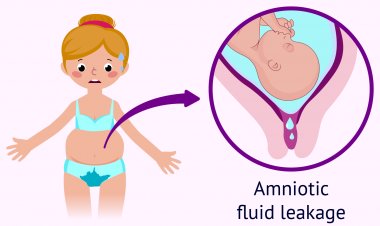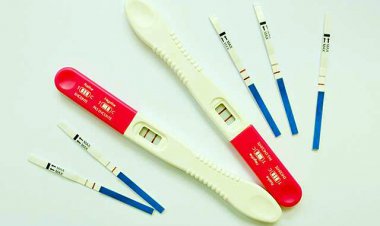Know why it is important for the first year of the newborn
Feeding your baby is a unique experience. It strengthens the bond between parent and child. Your baby's growth and development is very important during his first year. Therefore, it is necessary to give them a healthy diet at the right time. Mother's milk is the first food of the child. Until the baby is four to six months old, breast milk is the best food for him.

In fact, the amount of protein in breast milk is ideally suited for the delicate metabolism of the baby. The fat present in it is also easily digested by the baby's stomach. The antibodies present in it protect the baby from infections and allergies. It also contains vitamin A, vitamin E, and iron. All these help to protect the newborn from anemia.
The nutrition of children should begin with breastfeeding. They should gradually move on to solid food, completing all its phases. It is considered important for the best start of their life. The basic guidelines below can go a long way in improving your child's nutrition.
Diet tips-
- Until the child is four to six months old, he should be fed only breast milk.
- Solid food should not be introduced before the age of four months. In fact, before four months, the baby's delicate digestive system is incapable of digesting the protein obtained from solid foods. In addition, the newborn's kidney is not developed enough to handle the electrolytes present in solid food.
- Start introducing solid food to the baby when he is six to eight months old. This can be started with homemade khichdi. After this, a little bit of fruit, ie about a quarter cup of juice, vegetable soup, boiled mashed potato or sweet potato, stewed apple or beet, lentil or ripe pumpkin soup, mashed avocado, and a little porridge of ragi can be given.
- Introduce only one new food at a time to your baby's diet. Then for three to five days do not include any other new thing in his food. By doing this you can be sure that the baby is able to digest the food given and does not have allergies or any other problems.
- When the child is eight months old, then you can include soft idli, raw upma, vegetable khichdi, oat porridge, spinach with moong dal, etc. in his diet.
- The introduction of non-vegetarian food like chicken and egg to the child should be started only after he is at least nine months old. After the baby is one year old, it becomes capable of sharing your diet.
- Do not use sugar or salt while preparing food for your baby at home. If you do, do only marginally.
- Include items from all the food groups in the diet of the child, so that he can get all the nutrients that are necessary for his all-round development.
- Fats and cholesterol are important for helping with the development of your baby's brain and nervous system, as well as their normal development. So unless a child health expert forbids, don't limit fat and cholesterol in a child's diet.
- Plan your baby's meals every morning just as you plan the important things in your life. Talk to a child hygienist about her diet. This will help you to keep the baby fit and healthy.

 mybabycare
mybabycare 















